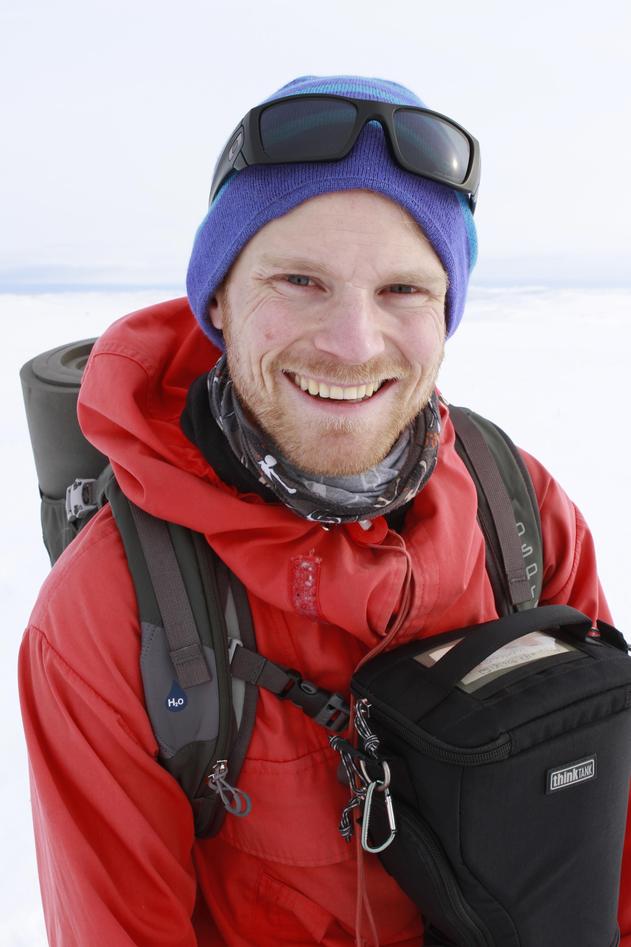Christian Irgens
Christian is working on his PhD, developing methods with the use of otoliths to elucidate life history traits and events in cod such as settling and sexual maturation and validating the generated data.
Main content
Knowledge on life history of exploited species in commercial fisheries is important to the management of a sustainable fishery. One of the world’s largest cod populations, the Northeast Arctic cod represents a key stock in Norwegian fisheries. The stock has been monitored through annual standardised trawl and acoustic surveys since the mid-1960s in order to estimate the abundance and predict the recruitment of the stock. In spite that cod is a well-studied commercial species; there is lacking knowledge about important life history events such as settling, sexual maturation and spawning. Variability in timing in settling may for instance influence the annual 0-group estimates, and age at first spawning is important in estimating the spawning stock biomass. These are all key factors in stock assessment models of the Northeast Arctic cod.
The main goals for the current study is to develop methods to detect important life history events such as settling and sexual maturation in the otolith structure of Northeast Arctic cod (Gadus morhua) and to validate the data generated. Dynamics in timing, age and size at settling and sexual maturation will be studied in relation to changes in climate and fishery pressure, with the use of otoliths collected from the cod stock over several decades.
The PhD position is funded by the University of Bergen and the Institute of Marine Research and associated with the research groups Fisheries Ecology and Aquaculture (UiB) and Demersal fish (IMR).
Main supervisor: Arild Folkvord (UiB)
Cosupervisor: Olav Sigurd Kjesbu (IMR)
